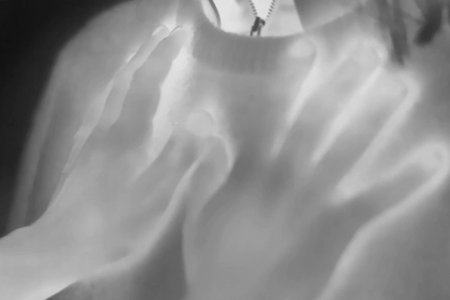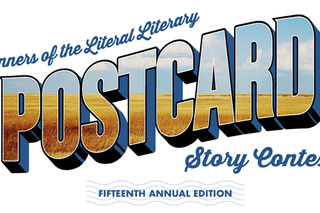I.
On our drive to Lynn Canyon Park in North Vancouver some weeks ago, my grandson Caleb, who is seven, told me about some smart people, both adults and children, that he knew. After listening for a while (I’ve forgotten the names of the smart people) I asked him what “smart” meant, and he said it meant you know stuff.
I asked then (because I had been reading American philosopher Richard Rorty on the subject of pure versus instrumental reason) whether knowing stuff meant you knew something, or you just knew how to do something. Caleb said, Both: you knew stuff and you knew how to do stuff.
I asked if you could be smart if you only had one of the two: for example, you knew how to do something but you didn’t know how or why that something worked; or you knew how and why something worked, but you didn’t know what to do with it or why you would do anything with it. He paused for a moment and then said, Can you give me an example?
I was going to say something about the computer (I know how to do some things with it but I don’t know how or why it works) but before I could get started on this Caleb said, Well, for example, my leg: I know how to move it, but I don’t have to think about how to move it. It just moves.
I said, Well, do you know how your leg works? He said, Sure: my brain sends a signal to my leg and my leg moves.
I asked, How does this signal get from your brain to your leg? He said, Well, little electrical things or products or something, little balls, move down some passageways, they’re like, they’re nerves, and they go from your brain to your leg and make your leg move. But you don’t have to think about it; it just moves by itself.
Norbert: So do these electrical balls or products talk to your leg and tell your leg to move? How do they communicate with your leg when they get to it? Caleb: They send a signal. Norbert: I guess it’s pretty smart, then, that leg. Caleb: Yeah. The signal’s smart, too.
Norbert: Where did you learn all this? Caleb: From Brain Pop, on the computer.
Later we hiked along Lynn Creek and a sign attached to a fence read, Danger. Steep Bank. Keep Back. Caleb sounded it out aloud and repeated it just as Caius, his brother, who is four, and who had been walking and singing along some distance behind us, caught up.
Caius said, No, the sign doesn’t say that. It says No Cows Allowed.
II.
I had no idea where Caius’ quip about the cows came from. I put it down to his often-commented-upon ability to come up with side-splitting nonsequiters, outlandish puns and other vocal brain-defeaters.
I sent the story (above) to a few family members and friends, and my youngest sister Gisela wrote back that Caius’ words made prefect sense to her. Here’s part of her email:
I see the difference between the two boys (at least as filtered through the story) as representing the difference between gathered knowledge on the one hand, and instantaneous awareness that comes from the imagination or intuitive side, on the other. Both have limitations and benefits. For Caius, given the context, what might the sign say? It's a fence, so no cows allowed on the wrong side of the fence. Cows on one side, humans on the other. Cows have four legs but maybe those legs are dumber than our human ones so the cows need more guidance, hence the sign.
Made total sense. But I hadn’t seen the sign. I had (like Caleb) read a sign. But not a location. A wooden fence, for Caius, means farm, and a farm means cows, and yes, on a profound Paleolithic, not to mention semiological level, humans and—domesticated—animals must be separated. Otherwise you get a mad disease, or a flu that’s spread by pigs with wings.
Everything, I told my media studies students two days later, is context. Otherwise there’s no text (meaning). I wrote Gisela back and wondered if her revelation might have something to do with her being the younger child (I’m the oldest, as is Caleb) the one that finds niches in the larger world of texts being seamlessly composed by the adults and wannabe adults, i.e. older children.
They get right with the picture. I thanked Gisela for the exegesis.






